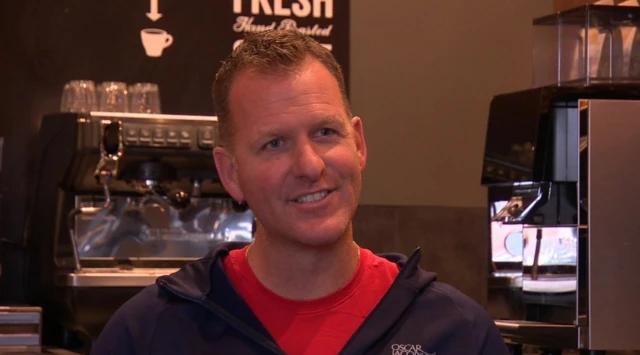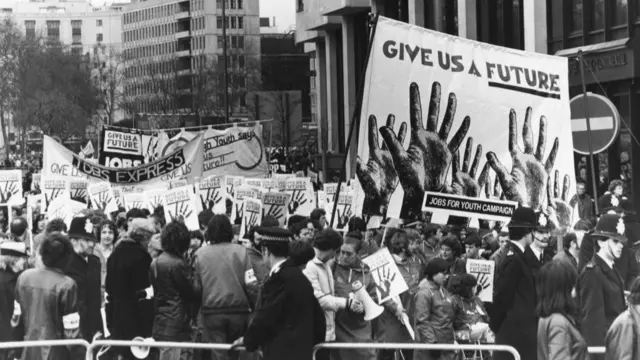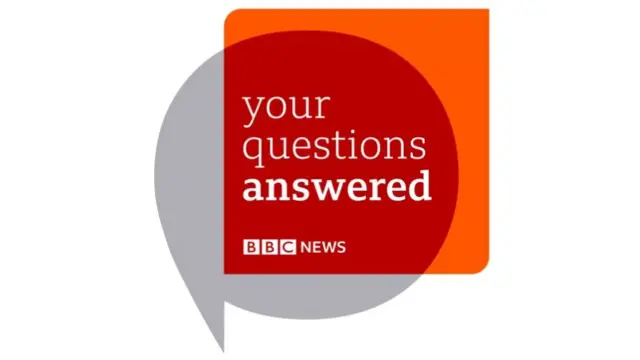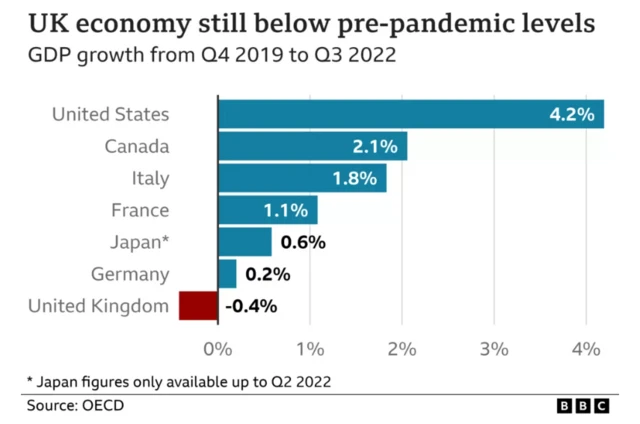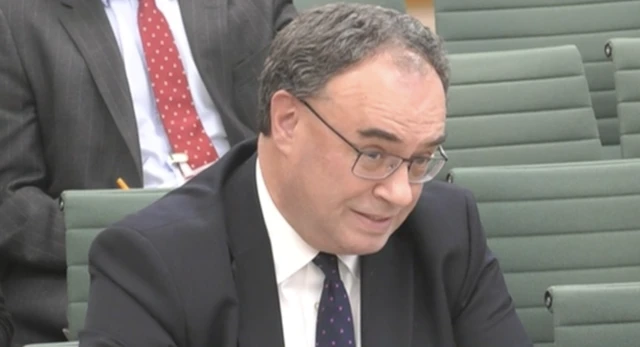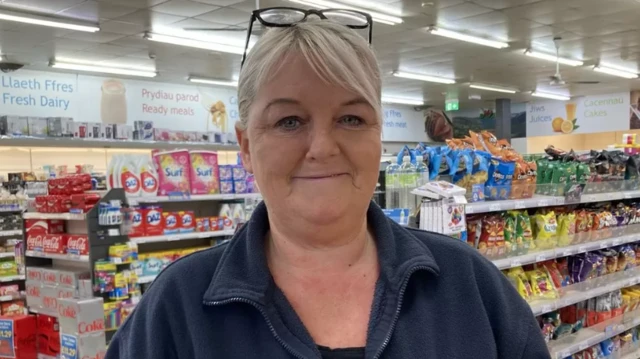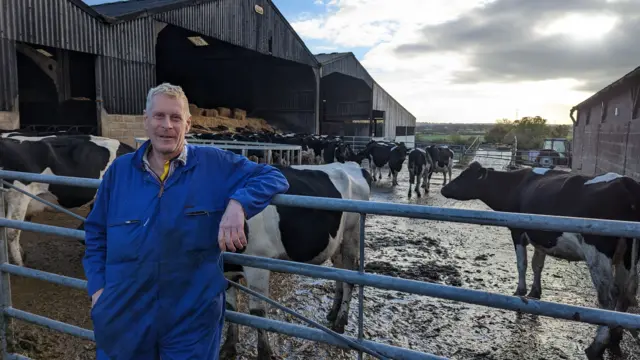Summing up today's developmentspublished at 18:11 GMT 16 November 2022
As we sign off at the end of a busy day, here's a look back at the key developments:
- At 07:00 the Office for National Statistics announced that inflation in the year to October had risen to a 41-year high of 11.1%
- Price rises were largely driven by rising fuel, energy and food costs
- Food inflation stands at 16.2%, with the cost of essential items like milk, pasta and butter soaring
- The Bank of England Governor Andrew Bailey told MPs that the UK economy had been subject to a "series of shocks" since the coronavirus pandemic, but that it expects prices will fall once this winter is over
- Some analysts said there could be a glimmer of hope with some goods - aside from energy and food - rising at a more stable rate
You can read more on what we've learned today about inflation here.
There's sure to be much more discussion about the rising cost of living tomorrow, when Chancellor Jeremy Hunt will deliver his Autumn Statement. You can join us then for more explanation, analysis and answers to your questions.
Today's live coverage was written by Rachel Russell and Lora Jones. It was edited by Chris Giles, Andrew Humphrey, and Jasmine Taylor-Coleman.


